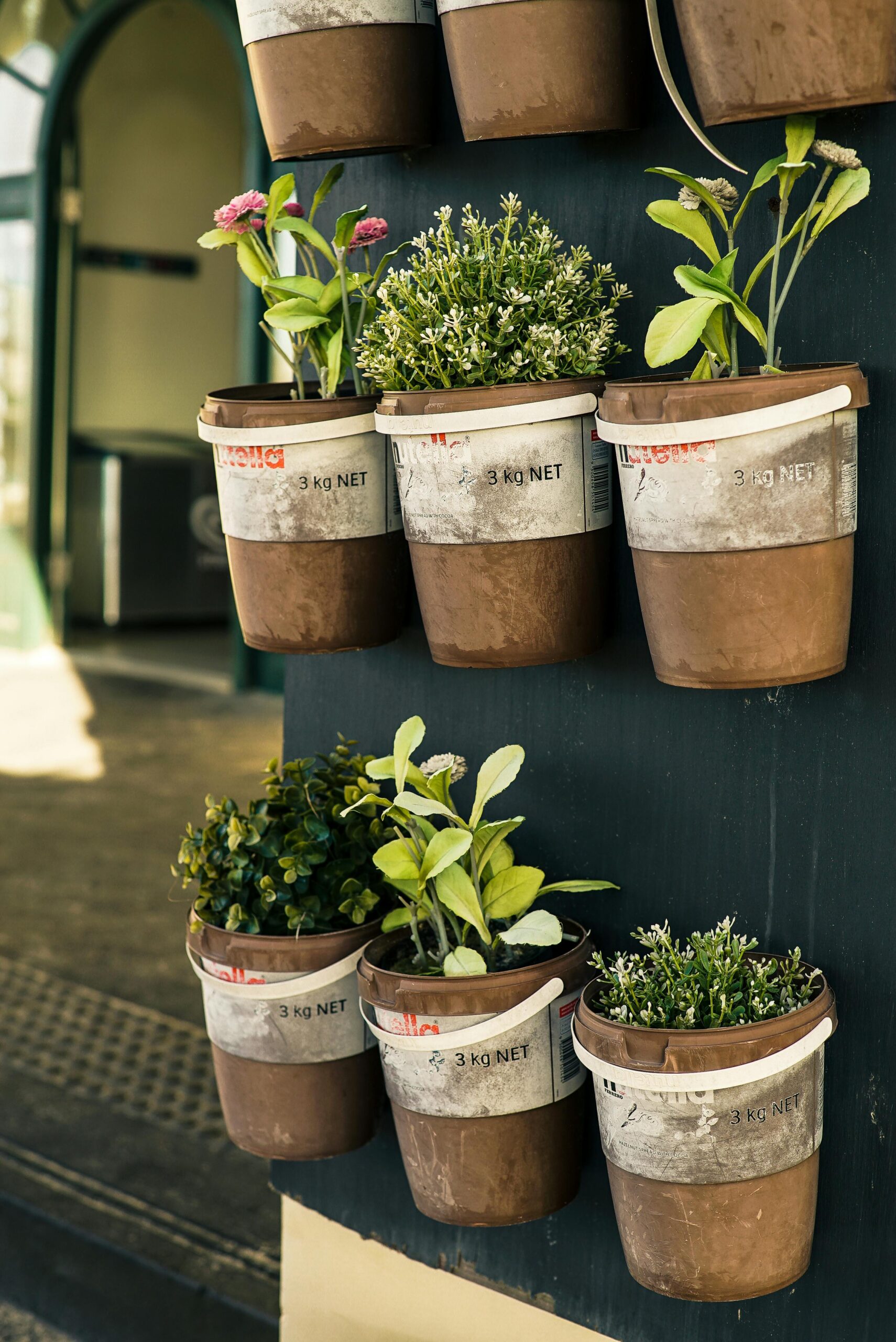In recent years, organic container gardening has gained popularity among urban dwellers and those with limited outdoor space. This gardening method is not only convenient but also sustainable and eco-friendly. Whether you live in an apartment with a balcony or a house with a small patio, you can grow your own vegetables and herbs organically. In this guide, we’ll cover everything you need to know to start your own organic container garden.
Why Choose Organic Container Gardening?
Organic container gardening offers numerous benefits:
- Space Efficiency: Perfect for small spaces like balconies, patios, and even windowsills.
- Control: You have complete control over the soil quality and can avoid harmful pesticides and chemicals.
- Accessibility: Easier to manage and maintain, especially for beginners and those with mobility issues.
- Sustainability: Growing your own food reduces your carbon footprint and promotes a healthier lifestyle.
Essential Steps to Start Organic Container Gardening
- Choose the Right Containers Selecting the appropriate containers is crucial for the success of your garden. Containers should have drainage holes to prevent waterlogging. Materials like terracotta, plastic, and wood are popular choices. Ensure the containers are large enough to accommodate the root systems of your plants.
- Select Quality Organic Soil The foundation of a healthy container garden is quality soil. Use organic potting soil that is rich in nutrients. Avoid garden soil, as it can be too dense and may contain pests or diseases.
- Pick the Right Plants Some plants thrive better in containers than others. Consider growing:
- Vegetables: Tomatoes, peppers, lettuce, spinach, radishes.
- Herbs: Basil, parsley, mint, cilantro, thyme.
- Flowers: Marigolds, nasturtiums, petunias.
- Watering Techniques Consistent watering is vital. Containers dry out faster than ground soil, so check the moisture level regularly. Water your plants thoroughly until you see water draining out the bottom. During hot weather, you may need to water daily.
- Feeding Your Plants Organic fertilizers like compost, worm castings, and fish emulsion can provide necessary nutrients. Feed your plants every few weeks to ensure they remain healthy and productive.
- Managing Pests Organically Prevent pests by maintaining healthy plants and using natural remedies. Introduce beneficial insects like ladybugs and use neem oil or insecticidal soap to control pests without harmful chemicals.
Tips for Successful Organic Container Gardening
- Sunlight: Most vegetables and herbs need at least 6-8 hours of sunlight daily. Position your containers in the sunniest spots available.
- Rotation: Rotate your crops each season to prevent soil depletion and reduce the risk of pests and diseases.
- Pruning: Regularly prune your plants to encourage growth and prevent overcrowding.
- Support: Use stakes, trellises, or cages to support taller plants like tomatoes and peppers.
Troubleshooting Common Issues
- Yellow Leaves: Often a sign of overwatering or nutrient deficiency. Check your watering schedule and consider adding organic fertilizer.
- Wilting Plants: Usually caused by underwatering or root-bound plants. Ensure your containers are large enough and water adequately.
- Slow Growth: Could be due to poor soil quality or insufficient sunlight. Improve soil conditions and ensure adequate light exposure.
How to Implement Companion Planting in Containers
- Space Planning: Ensure that each plant pair has enough room to grow. Consider using larger containers or grouping multiple smaller containers together.
- Soil Needs: Pair plants with similar soil and watering requirements to ensure both thrive.
- Vertical Gardening: Utilize vertical space with trellises or hanging baskets for plants that grow upward, allowing for more companion planting opportunities in limited space.
- Pest Management: Strategically place pest-deterring plants near more vulnerable crops to naturally protect them without the need for chemicals.
Benefits of Companion Planting
- Natural Pest Control: Reduces the need for chemical pesticides, promoting a healthier and more organic garden environment.
- Improved Growth: Some plants release chemicals or provide physical support that can enhance the growth and health of their companions.
- Increased Biodiversity: Encourages a more diverse and resilient garden ecosystem, which can help prevent disease and improve pollination.
Conclusion
Organic container gardening is a rewarding and sustainable way to grow your own food, even in small spaces. By following these steps and tips, you can enjoy a bountiful harvest of fresh, organic vegetables and herbs right at home. Happy gardening!
Check out how to Identify overwatering and under watering of common culinary herbs!

